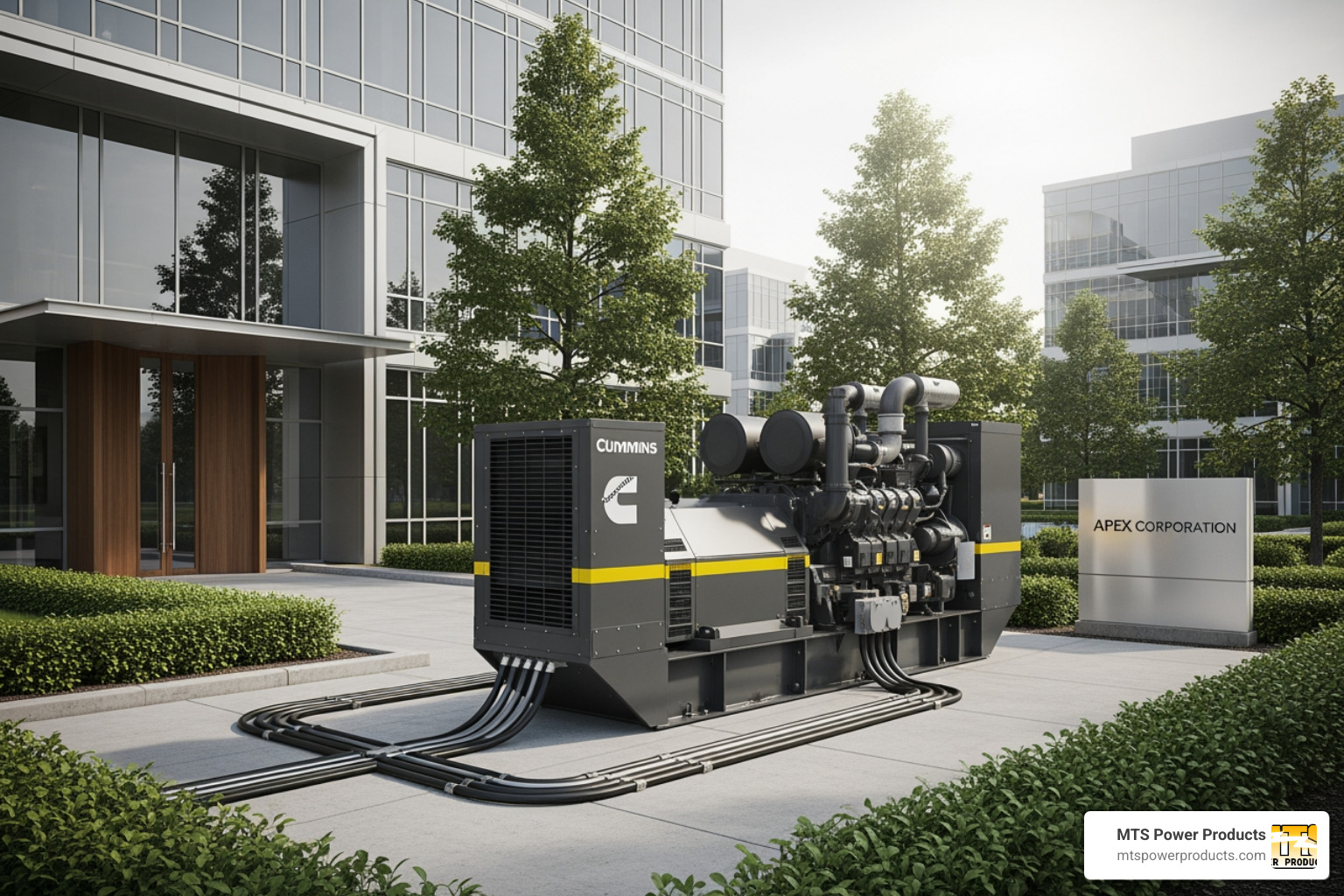
Buy Direct
from the Manufacturer
Sell our Products
Become a Distributor
Discounts
on volume purchases
Visit Us
at our Miami office
from the Manufacturer
Become a Distributor
on volume purchases
at our Miami office
In many ways, a backup commercial generator differs from home generators. These generator sets are designed for industrial and commercial applications.
Generator sets can be used to generate emergency power using fuel, but some generator sets are specifically designed for commercial use. The emergency standby generator can be activated and generate power if the main power source is lost or damaged.
Knowing the basics of generator sets will help property owners decide which commercial backup generator they should use for their specific applications. Businesses can find it difficult to deal with sudden emergencies such as hurricanes or tropical storms. This is especially true for properties located in South Florida.
Property owners can have peace of mind when it comes to backup commercial generators. Continue reading to learn about the basics of commercial backup generators. Contact MTS Power Products for assistance in creating a commercial standby generator to meet your emergency power requirements.
Different types of commercial generator sets
The fuel used to power generators is what distinguishes commercial and residential sets. The fuel source is usually gasoline, natural gas, propane, or diesel.
Each fuel source has its own pros and cons. Diesel fuel is the most popular choice for commercial applications. Diesel fuel is safe, efficient, and inexpensive. However, they are most commonly used in residential applications.
It is crucial to choose the right fuel source when choosing a commercial backup generator. The right fuel type will ensure that your generator runs longer when it is most needed. This should be taken into consideration.
Backup or portable generator?
Although commercial generators are typically permanent installations, portable units can be used to power larger equipment. For powering equipment at work, portable generators are used more frequently in commercial applications.
A portable generator must be connected to an electrical system, unlike a commercial backup generator. Portable generators can only provide enough power to power most commercial properties, even though they are portable.
Portable generators are ineffective in an emergency situation if the main power source goes out. For commercial applications, a permanent commercial generator is the best option.
How to determine the right size and power
There are many sizes of commercial standby generators, some so large that they must be kept in separate buildings. The size of the commercial backup generator will depend on how much power a property requires to power its utilities and appliances.
Always assume that power outages will occur during peak hours. An electrician licensed by the state can help businesses determine their power needs.
Power requirements are the only way to determine how many generators a commercial property will need to distribute power in an emergency. A commercial standby generator can produce voltages up to 480 and even exceed 200KW. But there are many other options. Generators for emergency backup are Available for larger and smaller power requirements.
